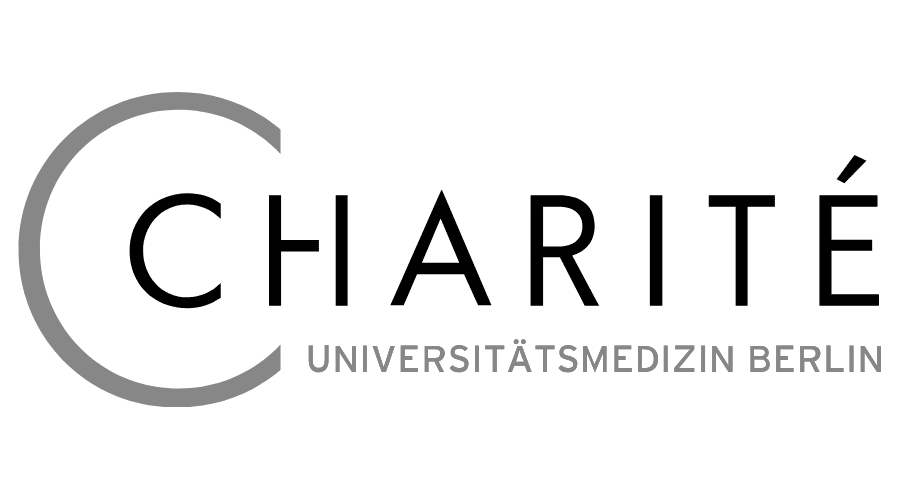Post-stroke cognitive decline is one of the most distressing complications in stroke survivors and a top priority for stroke research. It occurs in up to a third of those affected by stroke within five years. It impacts significantly on quality of life, the ability to work and normal daily activities.
Stroke also doubles the risk of later cognitive decline and dementia, making post-stroke cognitive decline an unaddressed and important component of vascular dementia.
Stroke-IMPaCT is a network of European and North American researchers who are working together to discover how inflammation and immune responses contribute to post-stroke cognitive decline. We want to help develop treatments that completely stop or reduce a person’s risk of developing dementia after a stroke.
Although there are currently no treatments for post-stroke cognitive decline, research from our network is beginning to identify pathways and that are potentially treatable, forming the basis for further research and early phase clinical trials.
Our aims
We aim to:
- Better understand how inflammation and changes to the way that immune cells function after someone has had a stroke contribute towards a person experiencing cognitive decline.
- Better understand how conditions that commonly affect people who have a stroke or dementia, such as high blood pressure and diseases of blood vessels, affects recovery after a stroke.
- Better understand how infections affect recovery after a stroke.
- Discover how we might prevent cognitive decline after a stroke.
- Train young researchers as the next generation of leading scientists in the field.
- Increase international expertise and develop new global collaborations to help further our research.
Pre-clinical research
Find out about our lab-based research.
Clinical research
Find out about our clinical study with eligible patients.
Our team
Our researchers are from eight different universities across Europe and North America.
They are all scientific experts who specialise in research areas including stroke, inflammation, immunology (the study of the immune system), cognitive decline and clinical research.
View a list of our members and their labs.

How we’ll conduct our research
We will conduct many studies to look at different features of immune response and post-stroke cognitive decline.
Some of these studies will involve people who have had a stroke. These are called clinical studies. Other studies will test hypotheses in the laboratory. This is known as pre-clinical research.
A special feature of our work is that we’re carrying out both clinical and pre-clinical research at the same time. This means we can compare, contrast and validate our findings from both strands of research.
We can then check whether the laboratory work accurately represents – or models – what happens when a human has a stroke. This process is very important because it will help us to:
- explore how inflammation, immune function and cognitive decline are linked in stroke patients;
- improve laboratory models of stroke and make them more representative of what happens when humans have a stroke;
- identify ways to potentially reduce post-stroke cognitive decline.
Working together with other researchers
Working with researchers at other institutions offers several benefits.
Ensuring each part of the study is designed and led by experts
Scientific researchers have different specialties, skills and interests. By working together, they can combine their expertise to answer difficult questions.
For example, this network includes researchers who specialise in brain research, and others who specialise in inflammation research. Some of the researchers also specialise in clinical (patient-focused) research, and others specialise in pre-clinical (laboratory) research.
Each researcher will be able to bring different ideas and thoughts about the work. This will help the network to consider new ways of discovering things that we don’t already know.
Enabling scientists to access everything they need
Research is very specialist and different universities have different resources and equipment.
Through working together, scientists can ensure they have the best tools available to them, meaning that the research is the best it can be.
Helping ensure that scientific discoveries are reliable, repeatable and trustworthy
By working together, scientists can try the same experiments in different laboratories in different countries.
This helps the researchers to test whether they get the same results every time.
Diverse patient representation
An international collaboration like Stroke-IMPaCT means patients from different hospitals can participate in the research.
Different populations and nationalities will be included in the research, making any findings more robust. It also means that it will be easier for scientists to recruit enough participants for the stu
What have we discovered?
Since the Stroke-IMPaCT Network formed in January 2020, we have published a range of research in scientific journals.
Publications for other researchers
Access links to our research publications.

Funding
Stroke-IMPaCT is funded through the Leducq Foundation Transatlantic Networks of Excellence.
Our collaborators










